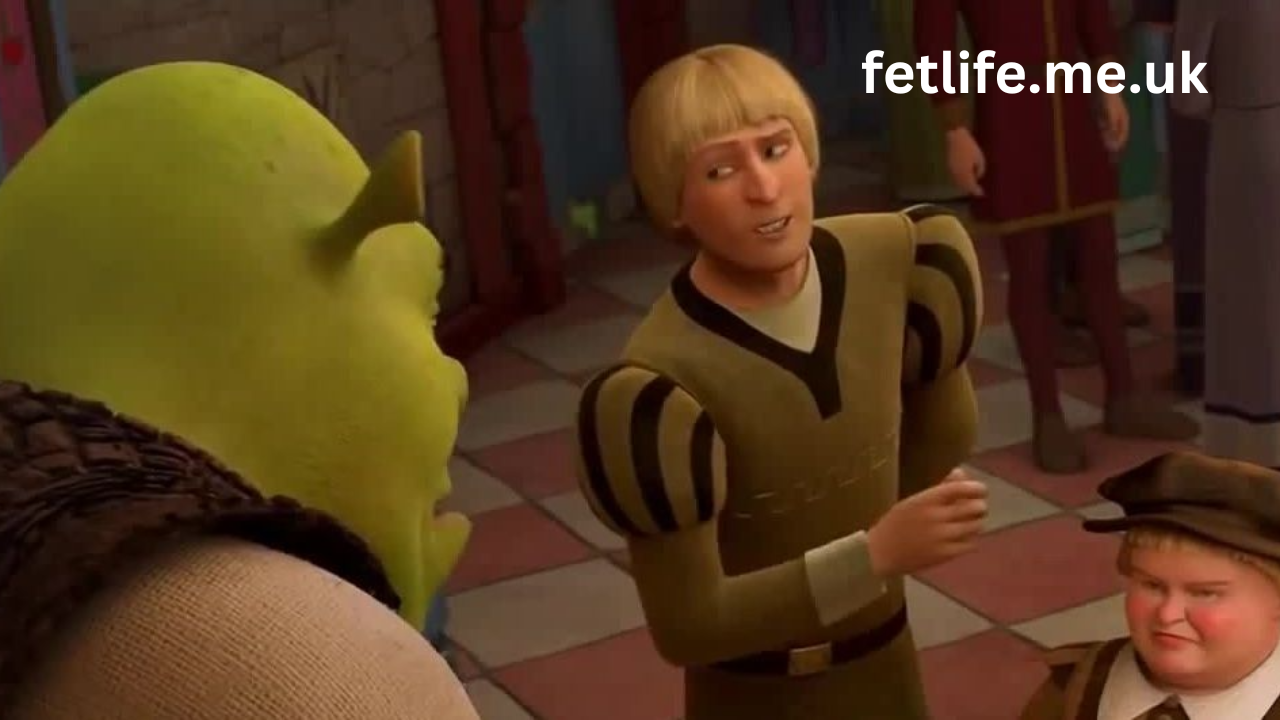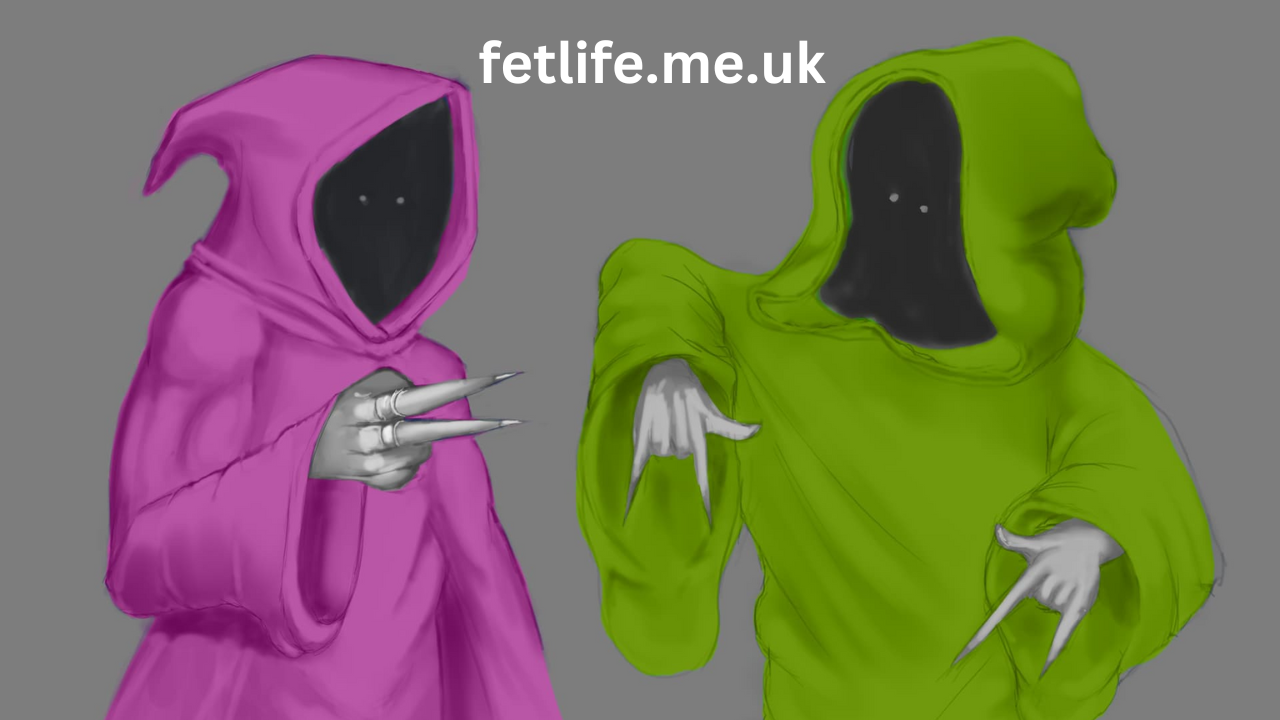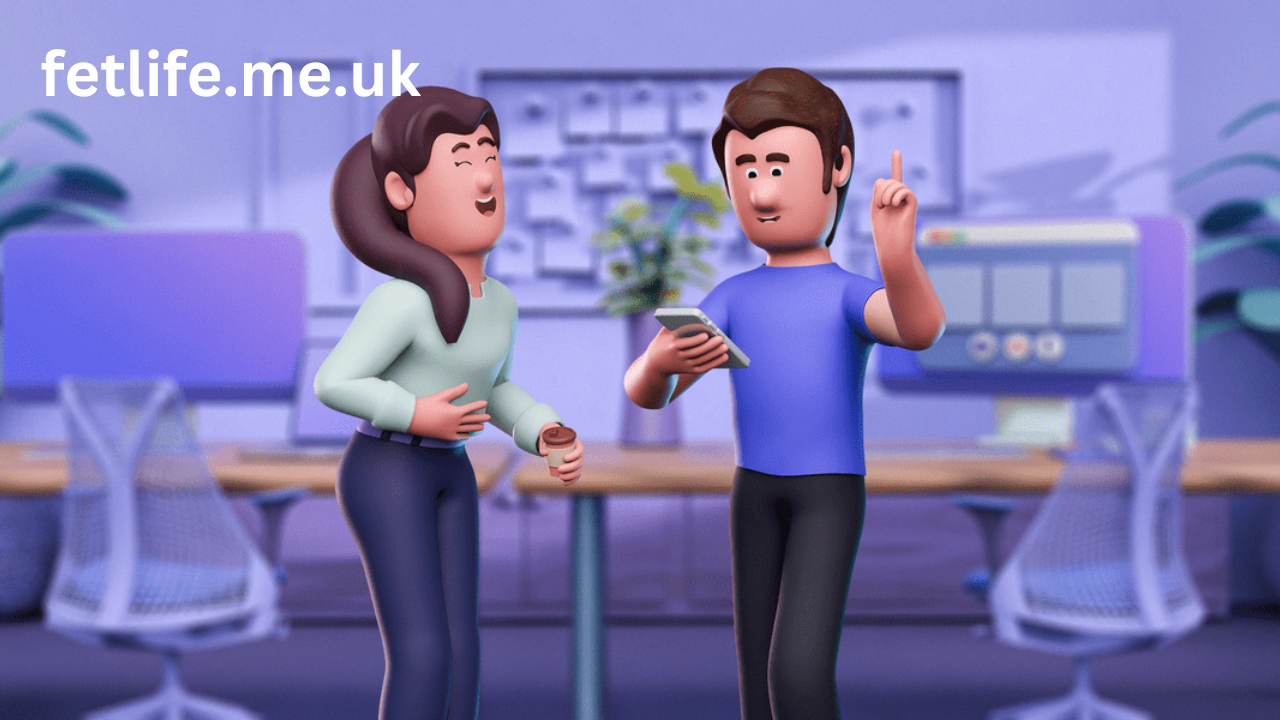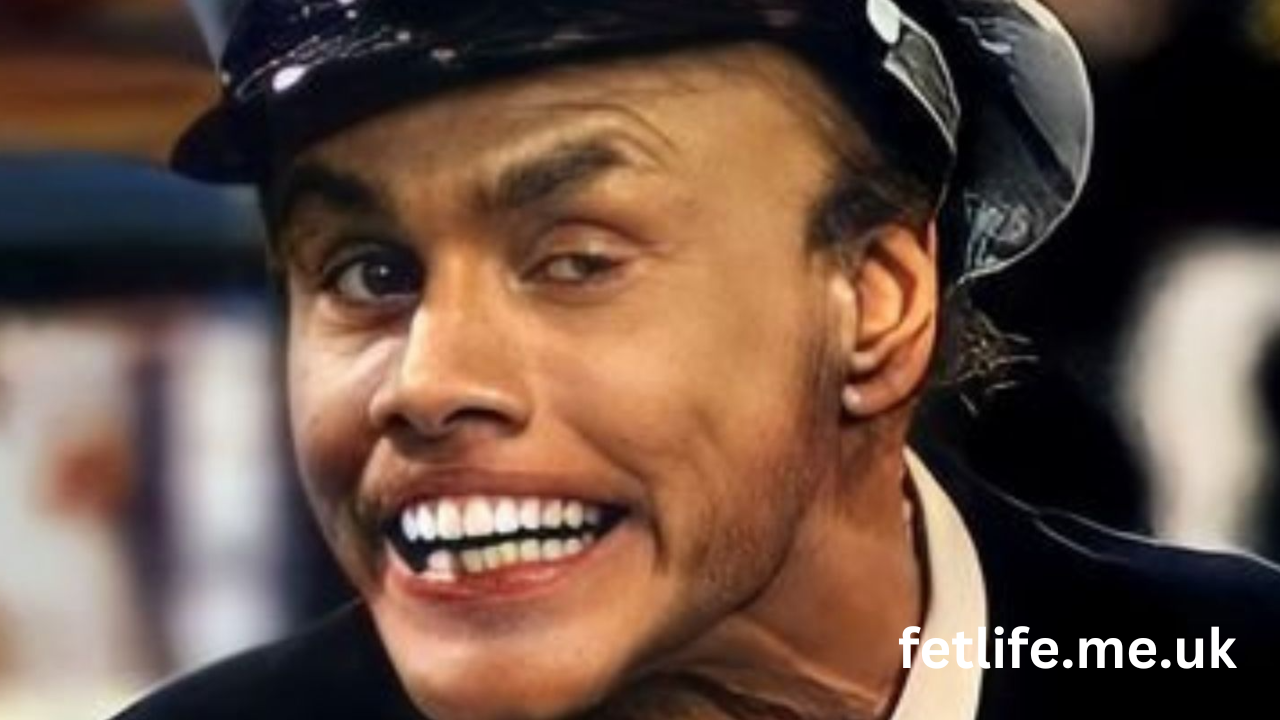In the world of animated films, few franchises have left as significant a mark as DreamWorks’ Shrek. The movie series, which began in 2001, became an instant hit thanks to its unique blend of humor, heart, and a twist on traditional fairy tale tropes. The franchise, especially Shrek Forever After (2010), produced some unforgettable moments and quotes that have remained embedded in pop culture for years. Among these moments is the now-iconic phrase: Do the roar.
The Origin of “Do the Roar”
To fully understand the cultural impact of Do roar, we must first go back to its origin in Shrek Forever After. The movie centers around Shrek, who is tired of his peaceful family life and longs for the days of his former glory as an intimidating ogre. A series of events leads him to meet Rumpelstiltskin, who tricks him into signing a contract that causes reality to change. As a result, Shrek finds himself in an alternate universe where things are not as he remembers.
The phrase “Do the roar” originates from a scene in which Shrek, after being tricked by Rumpelstiltskin, encounters a group of children. These children ask him to the roar, a request Shrek doesn’t initially understand. The children are referring to a moment from Shrek’s past where he would “roar” in a terrifying and exaggerated manner, scaring people as part of his ogre persona.
Shrek, who has now become a less terrifying, more domesticated version of himself, is baffled by the request. The scene is both humorous and poignant, highlighting the contrast between his former self and the more content, less fearsome Shrek of the present. The phrase the roar quickly caught on as fans of the movie began to adopt it as a humorous way to evoke the larger-than-life, fearsome version of Shrek, even when that version wasn’t exactly in the picture.
The Power of a Simple Catchphrase
Do roar is a great example of how a simple, humorous phrase can take on a life of its own in pop culture. Catchphrases in popular media often have the power to spread like wildfire, becoming more than just lines from a movie—they become part of the shared language of fans.
What makes Do roar so special is that it taps into a universal understanding of character transformation. In the case of Shrek, we see a character who goes from being a feared, intimidating creature to someone who embraces family life and personal growth. The phrase, then, serves as a reminder of Shrek’s transformation and how even something as simple as a roar can represent a past version of himself.
Moreover, the innocence and humor with which the phrase is presented make it endearing. The children in Shrek Forever After aren’t asking for something menacing—they want Shrek to perform a silly, exaggerated version of his old self. This humorous request for the “roar” contrasts sharply with Shrek’s more gentle demeanor in the movie, making the moment both funny and bittersweet.
“Do the Roar” in the Context of Shrek’s Legacy
When discussing the phrase the roar it’s important to place it within the broader context of the Shrek series and its legacy. The Shrek films have become beloved for subverting traditional fairy tale conventions and offering audiences something different from the more conventional Disney fare. From the very first film, which introduced audiences to a grumpy but lovable ogre, Shrek poked fun at the idea of fairy tale heroes and villains, all while delivering heartfelt messages about self-acceptance, friendship, and love.
Over the years, Shrek has become a cultural phenomenon, with quotes, scenes, and characters becoming an integral part of modern media and internet culture. Whether it’s “Better out than in, I always say!” or “Donkey, you’re a genius!” the Shrek series has contributed countless lines that are instantly recognizable to fans. “Do roar” is one such phrase, joining the ranks of these other memorable quotes.
The phrase also captures a specific aspect of Shrek’s character that resonates with audiences—his awkwardness. Shrek is a character who has always been out of place in the world of fairy tales. He’s an ogre who doesn’t quite fit the traditional mold of a villain or hero. He’s not conventionally handsome, nor is he as menacing as he would like to be. He’s just a creature trying to live his life in a world that often misunderstands him.
The request to the roar represents a time when Shrek was forced to play up his monstrous persona, but by the time of Shrek Forever After, that version of him feels out of reach. The phrase, then, serves as a humorous reminder of the complexity of Shrek’s character and the journey he’s undergone over the course of the franchise.
Memes and Internet Culture: The Enduring Appeal of “Do Roar”
In the years following the release of Shrek Forever After, “Do the roar” became an internet sensation. The internet’s love affair with Shrek has been well-documented, with countless memes, remixes, and viral content inspired by the films. The the roar phrase is often shared in meme form, typically with a humorous or exaggerated tone.
On platforms like TikTok, Twitter, and Reddit, the phrase is used in various contexts, often as a way to comment on feelings of awkwardness or the pressure to live up to certain expectations. For example, people may use the phrase when talking about social pressures, especially in situations where one might feel out of place or unsure of how to behave.
The viral nature of the phrase speaks to the broader trend of internet humor. Memes often work because they take something familiar and make it absurd or exaggerated. “Do roar” plays into this type of humor by taking an innocent, silly request and turning it into something iconic. It’s funny because it’s unexpected, and its absurdity adds to its charm.
Previous article; The Phenomenon of Offensive Memes A Deep Dive
Moreover, the phrase has also been used as a metaphor for reclaiming one’s power. In a world where people are often expected to fit certain molds or perform certain roles, “Do roar” becomes a symbol of defying expectations and embracing individuality. Fans of the Shrek franchise have connected with this message, as it aligns with the films’ themes of self-acceptance and rejecting societal norms.
The Lasting Impact of “Do the Roar”
What makes “Do roar” so memorable is not just its comedic value, but the way it encapsulates a moment of character growth for Shrek. The phrase isn’t just a silly request from children—it’s a marker of a pivotal moment in Shrek’s journey. In Shrek Forever After, Shrek’s transformation from a fearsome ogre to a more self-aware, family-loving individual is central to the plot, and the phrase “Do roar” reflects that shift in a humorous, lighthearted way.
Since the release of Shrek Forever After, the phrase has continued to live on, resonating with fans old and new. It stands as a testament to how a simple line can transcend its original context and evolve into something much more significant. What started as a playful request for Shrek to do something silly has now become a symbol of self-awareness, growth, and humor.
Conclusion
In the end, “Do roar” encapsulates much of what makes the Shrek franchise so beloved. It’s funny, memorable, and packed with layers of meaning that resonate with audiences. The phrase embodies Shrek’s transformation from a fearsome, misunderstood creature to a more self-aware and content individual. At the same time, it’s a humorous reminder of how far he’s come.
“Do the roar” is a phrase that continues to be shared across the internet, used to comment on everything from awkwardness to the pressures of fitting in. It’s a catchphrase that represents a universal desire to find oneself, to be accepted, and to embrace one’s uniqueness. In the world of Shrek, doing the roar isn’t just about acting tough—it’s about finding the courage to be true to yourself.
And in that, the phrase will likely endure, continuing to evoke laughter, nostalgia, and a deeper understanding of what it means to grow and change. Whether shouted in jest or used to reference an inside joke, “Do the roar” will remain a cornerstone of the Shrek legacy for years to come.










